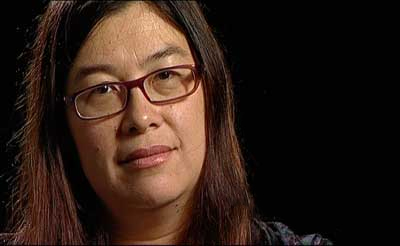
The Politics of Voice: Wittgenstein, The Ordinary and Care
Sandra Laugier is professor of philosophy at Université Paris 1 Panthéon-Sorbonne, a Senior Fellow of the Institut Universitaire de France, and head of the Sorbonne Center for Contemporary Philosophy. She is Deputy Director of the Institute for Human and Social Science at CNRS. Laugier has published extensively on the philosophy of language, North American philosophy and moral philosophy. Her work focuses on ordinary language philosophy (Wittgenstein, Austin, Cavell) and ethics (ethics of care, moral perfectionism, and environmental ethics). Her most recent works include Wittgenstein, Le mythe de l’inexpressivité (2010), La voix et la vertu. Variétés du perfectionisme moral (2011), Tous vulnérables, le care, les animaux, l’environnement (2012), Face aux désastres: le care, la folie et les grandes détresses collectives (with Anne Lovell, Stefania Pandolfo, and Veena Das, 2013) and her recent book Why We Need Ordinary Language Philosophy (2013).
This lecture will explore care and the ordinary, following a thread of Wittgenstein’s philosophy that takes us beyond the “grammar” of the first person, the use of psychological verbs and the nature of states of mind. Wittgenstein invented a philosophy of subjectivity, not as an entity or object, but as voice—as expressed in language and as the site of production of ordinary moral expression. Cavell’s radical reading of Austin, Wittgenstein and the relationship between skepticism, acknowledgement and tragedy has produced the clearest statement of an ordinary language philosophy open to vulnerability. From this comes the idea of an ethics formulated in another voice. In this ordinary conception of ethics, then, morality is best expressed not in the form of a theory, but as an activity—caring: as action (taking care, caring for) and as attention and concern (caring about). Care is at once a practical response to specific needs and sensitivity to the ordinary details of human life that matter. Care is that which concretely ensures the continuity of the human world. Such an ethics oriented towards vulnerability moves from the “just” to the important, from reason to perception, in resonance with Wittgenstein. Assessing the importance of care for human life means acknowledging human forms of life as fragile, since for so many humans that very life is threatened.
Co-sponsored by the Medical Anthropology Program, the Program in Critical Theory, and the Townsend Center for the Humanities.